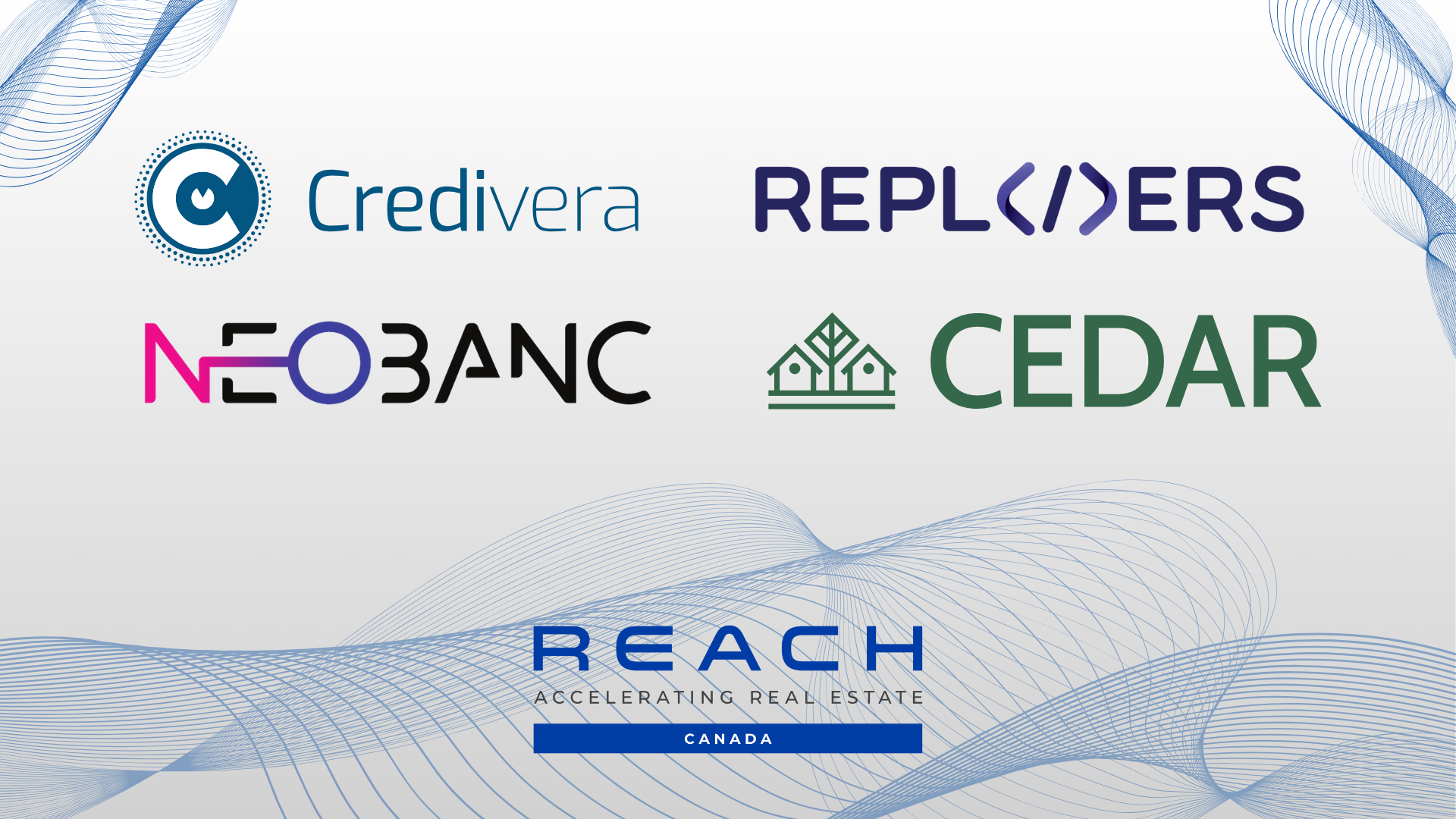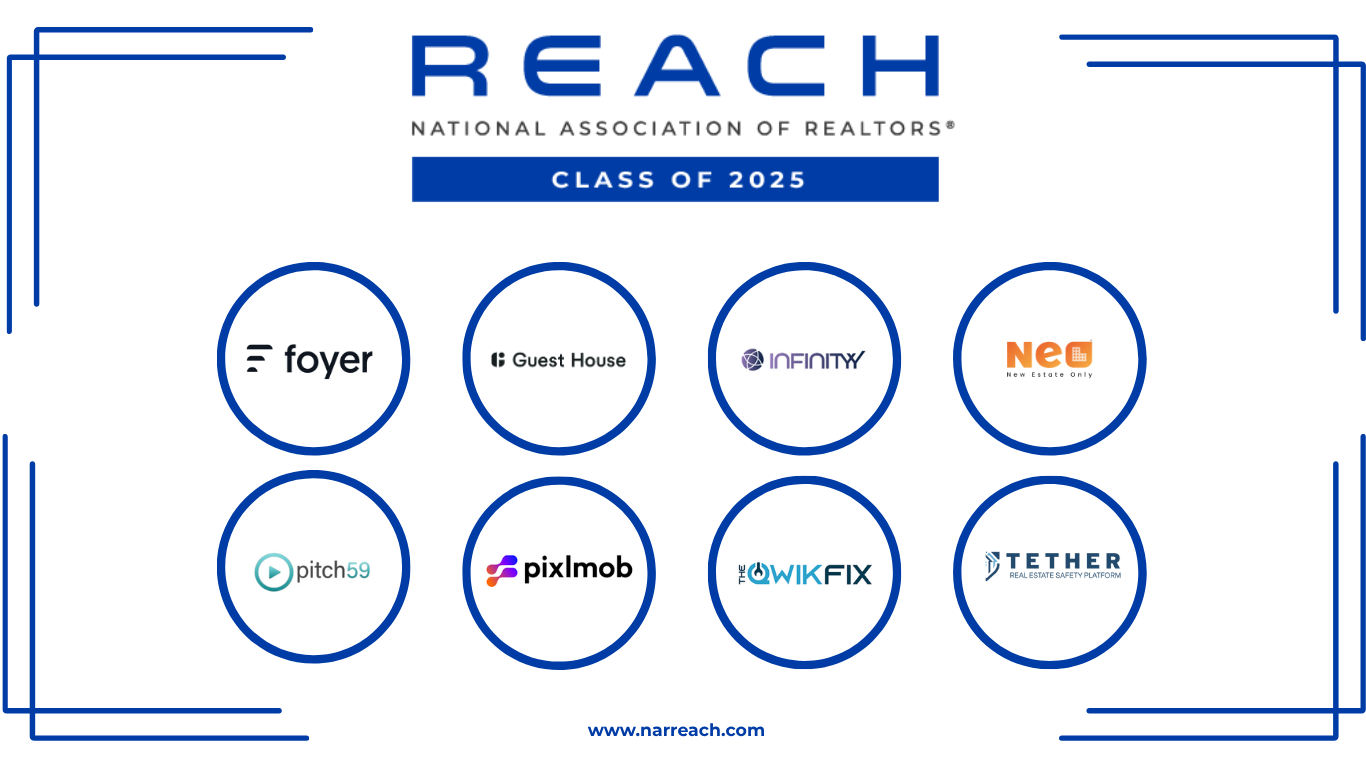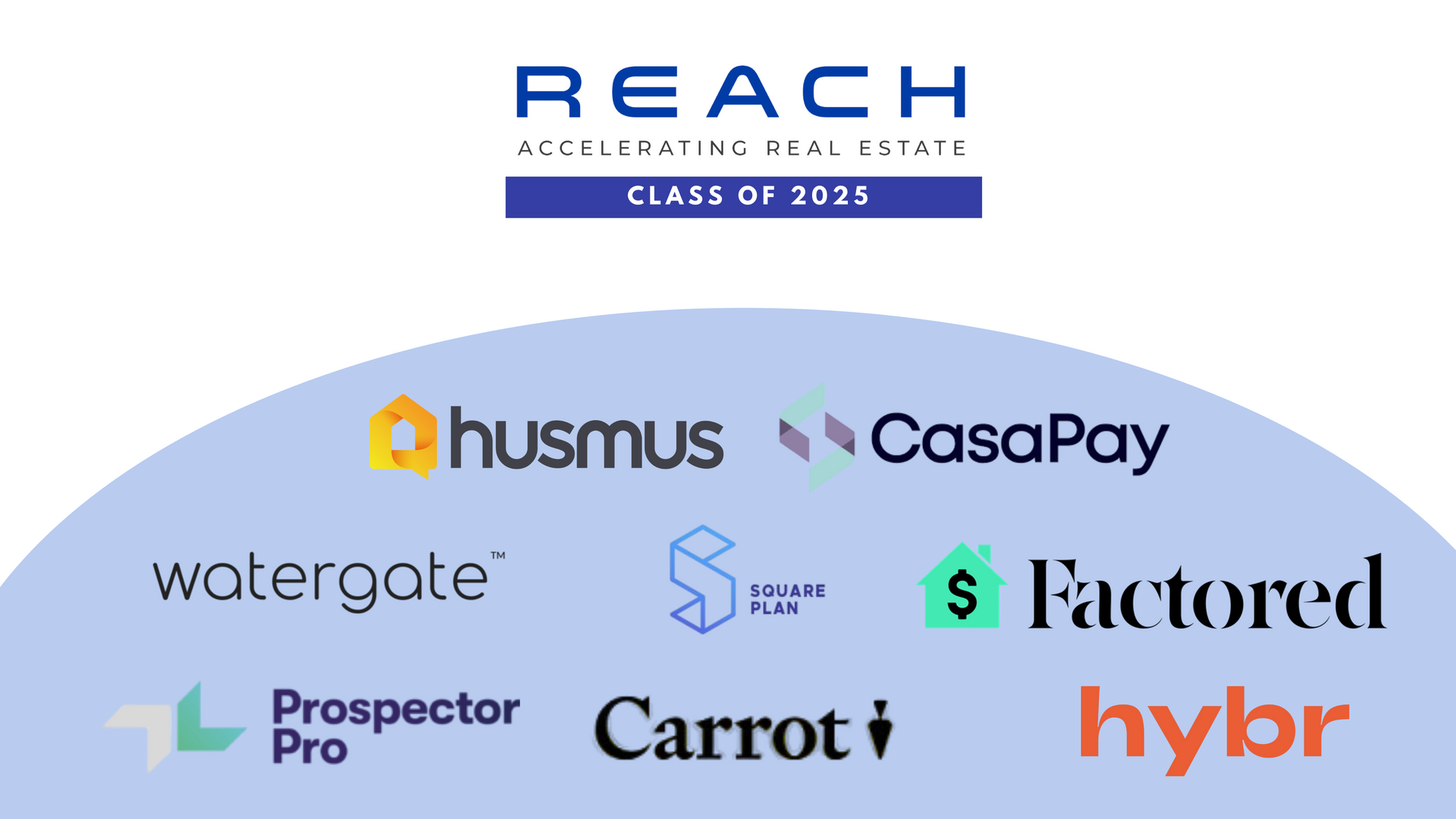IP Considerations for Growing Businesses: 5 Big Issues
Guest post written by Stacy J Grossman, lawyer, businesswoman, and REach Mentor. Stacy was formerly Vice President and Associate General Counsel at News Corporation, providing counsel to the New York Post, HarperCollins, Amplify Education, News America Marketing, The Daily, Sky Italia and other businesses.
Entrepreneurs starting their businesses often follow a well-beaten path to get their companies off the ground, balancing the need to keep legal costs low against the necessity of some initial investment. Generally, entrepreneurs’ first legal spend includes company formation, agreement drafting (MSAs, NDAs, purchase order terms and conditions, terms of use, privacy policies, etc.), and a trademark registration or two. As companies grow, so do their legal needs – additional corporate work is required when the company is funded, and more agreements need to be drafted and negotiated as the nature and volume of dealings with third parties becomes larger and more complex.
On the intellectual property side, there are many issues for growing businesses to keep in mind. Here are five big ones:
1. Trademarks
Your company may have applied to register a trademark in its early days– largely to ensure the exclusive right to use a chosen name. Now that you’re up and running, it’s time to reconsider trademark issues.
- Is the trademark owned by the proper entity? If the mark was filed and is owned by an individual, does it need to be assigned to a corporate entity?
- Have the goods and services used in connection with the trademark changed? As your business grows and evolves, it would be prudent to file subsequent applications to register an existing mark for new goods and services. For example: APPLE was initially registered in 1977 for “computers and computer programs recorded on paper and tape.” Today, Apple, Inc. owns a huge trademark portfolio with many brand extensions – most recently APPLE WATCH and APPLE PAY.
- Have you developed new brands, tag lines and logos? If so, these marks should be cleared and registered.
- Are you enforcing your trademarks? It is nice to own a registered trademark, but the registration isn’t worth much if you don’t monitor it and prevent unlawful third party use. A trademark registration gives you the exclusive right to use a brand in connection with specific goods and services. To ensure that your brand remains strong and firmly associated with your company, you must prevent infringement. You can do this by subscribing to a monitoring service and/or by doing periodic Internet and other searches (e.g.: app stores, social media handles, etc.) to determine whether or not there are new trademark applications or common law uses of concern.
- Are you using proper trademark notice? Though notice is not required, if you own a trademark registration you are entitled to use the ® registration symbol. It is good business practice to do this, to provide notice that you are serious about enforcing your trademark rights.
Are you properly using your trademarks? Be sure to use your trademark as a brand name – don’t turn it into a noun or a verb. For example, the sentence “I’m wearing my Nikes today” is not good for Nike – the company doesn’t want the brand Nike to become a synonym for sneakers. Better trademark practice would be “I’m wearing my NIKE sneakers today.”
2. Copyrights
A growing company may develop copyrightable content, and may need to use third party content. In order to develop its own IP assets and to minimize the risk of a copyright infringement claim, good copyright hygiene is required.
- Do you have any material that warrants copyright protection? If you want to protect your proprietary material, then you should consider applying to register the copyright in your work. This could include company manuals, software code, presentations, original articles, photographs, the company’s website and more. While all content need not be registered, owning a copyright registration is a strong sword against infringers. Damages for infringement of a registered work range from $750 to $30,000, and up to $150,000 for willful infringement, plus attorneys’ fees.
- Ensure that when you use third party content, you are doing so in a lawful manner. Request permission if necessary, and never assume that just because something can be copied from the Internet, that it is free for the taking. You don’t want to be paying to settle an infringement claim.
- Ensure that freelancers and vendors assign the copyright in their work to you. Works prepared by employees within the scope of their employment are deemed works for hire under the Copyright Act, and the copyright in those works is owned by the employer. However, if you work with freelancers, independent contractors or vendors and want to own the copyright in the work they do for you, then there must be a written work for hire agreement or copyright assignment.
3. Patents, Trade Secrets and Confidentiality
Does your company develop inventions? If so, it is worthwhile to speak with a patent attorney to determine whether or not those inventions are patentable. Similarly, does your company own any trade secrets, or is it under a duty to keep any information confidential? If so, you must ensure that proper systems are in place to protect confidential information.
4. Website Terms of Use and Privacy Policy
As your business evolves, so must your website terms of use and privacy policy. If you started off with a simple website, but now process commercial transactions, host ads, collect information from your users, or allow the posting of user generated content, then you must update your TOU and PP to reflect these changes. Privacy and data security are huge issues for all companies, and the source of a great deal of litigation. It is critical that businesses implement appropriate measures to protect consumers’ PII (personally identifiable information) and to prevent security breaches. To limit your company’s liability, you may need to engage reputable vendors and ensure that agreements are in place with strong indemnification provisions. Website TOU should also comply with the DMCA (Digital Millennial Copyright Act) to protect against infringement claims regarding content posted by your users.
5. Third Party Claims
Never ignore an infringement claim from a third party. Whether it is a letter from a patent troll, a takedown notice sent to a website, a communication from a photo agency about infringement of a photograph, or a cease and desist letter from a trademark owner, such communications require immediate attention. Dealing with these matters in a timely manner often allows for inexpensive and amicable resolutions. Ignoring a claim can be a costly mistake.
***
Now that your business is growing, you likely have more intellectual property assets that you should protect and enforce. Trademarks, copyrights, patents and trade secrets can be a source of licensing revenue, and are certainly valuable company assets. At the same time, your company is a deep pocket, and may be the recipient of IP related claims – whether valid or not. It is important to deal with such claims in a timely fashion to prevent them from escalating. Investors are always pleased to see that companies have strong IP portfolios, and good IP hygiene.
share
Related Articles







